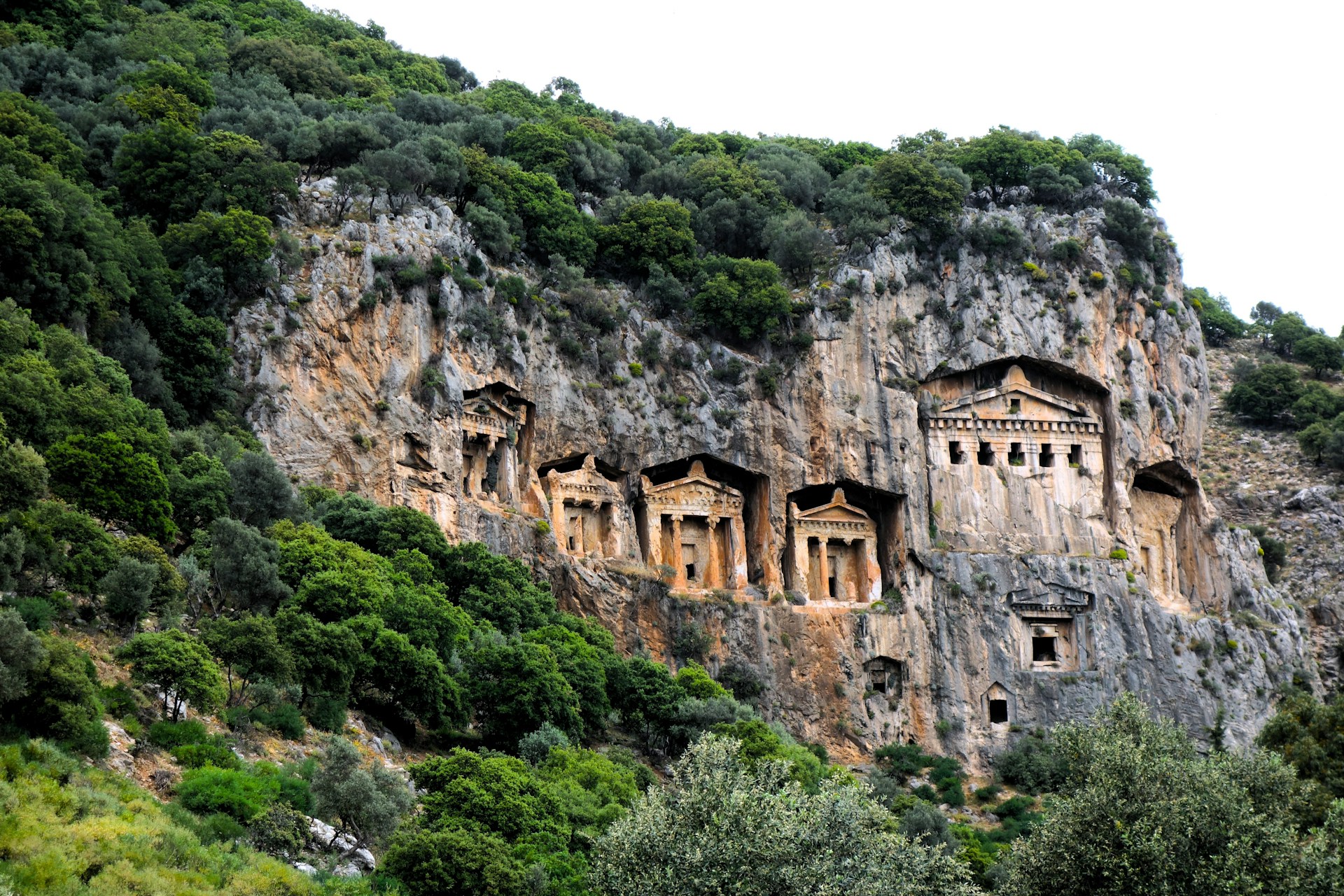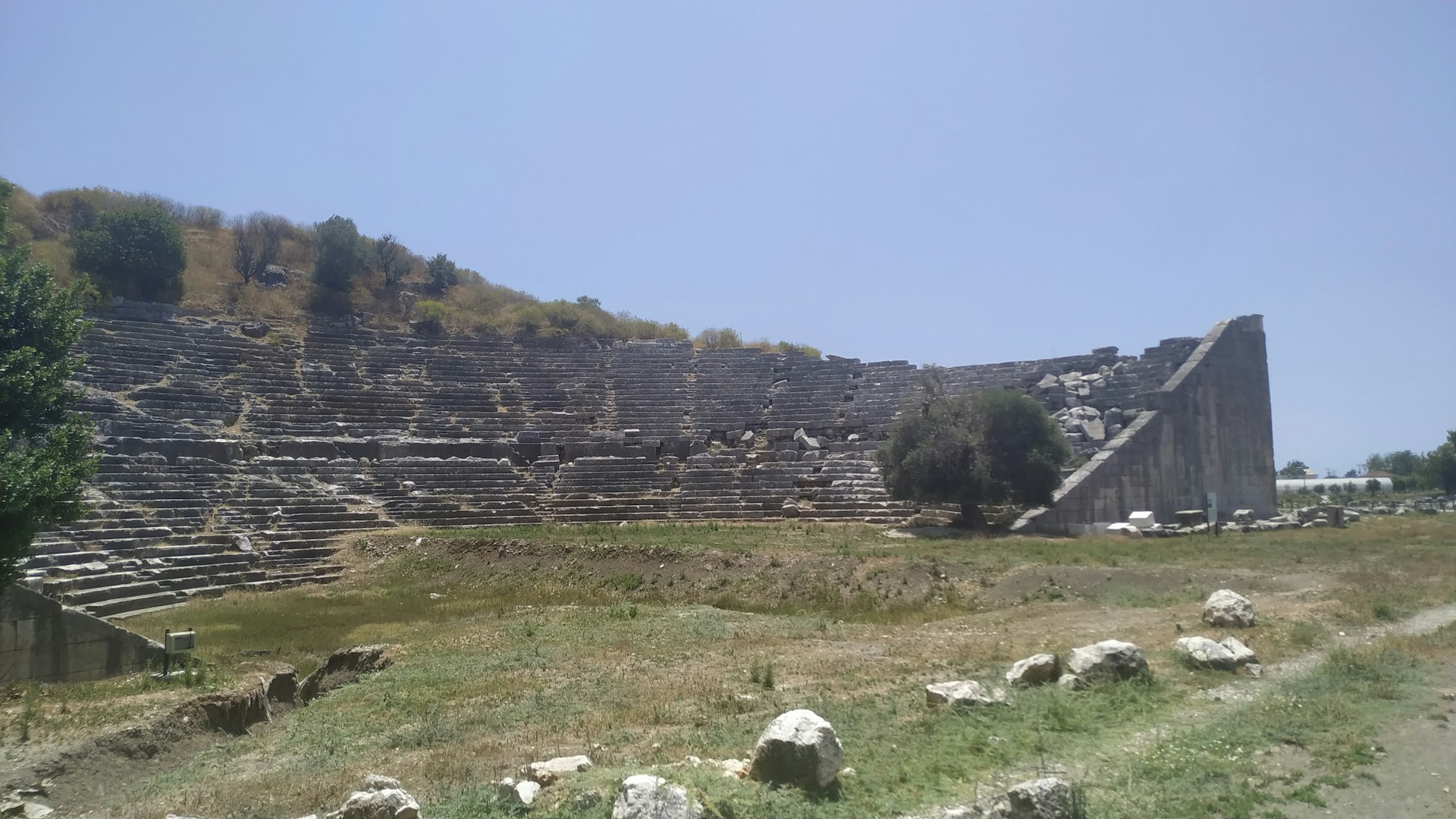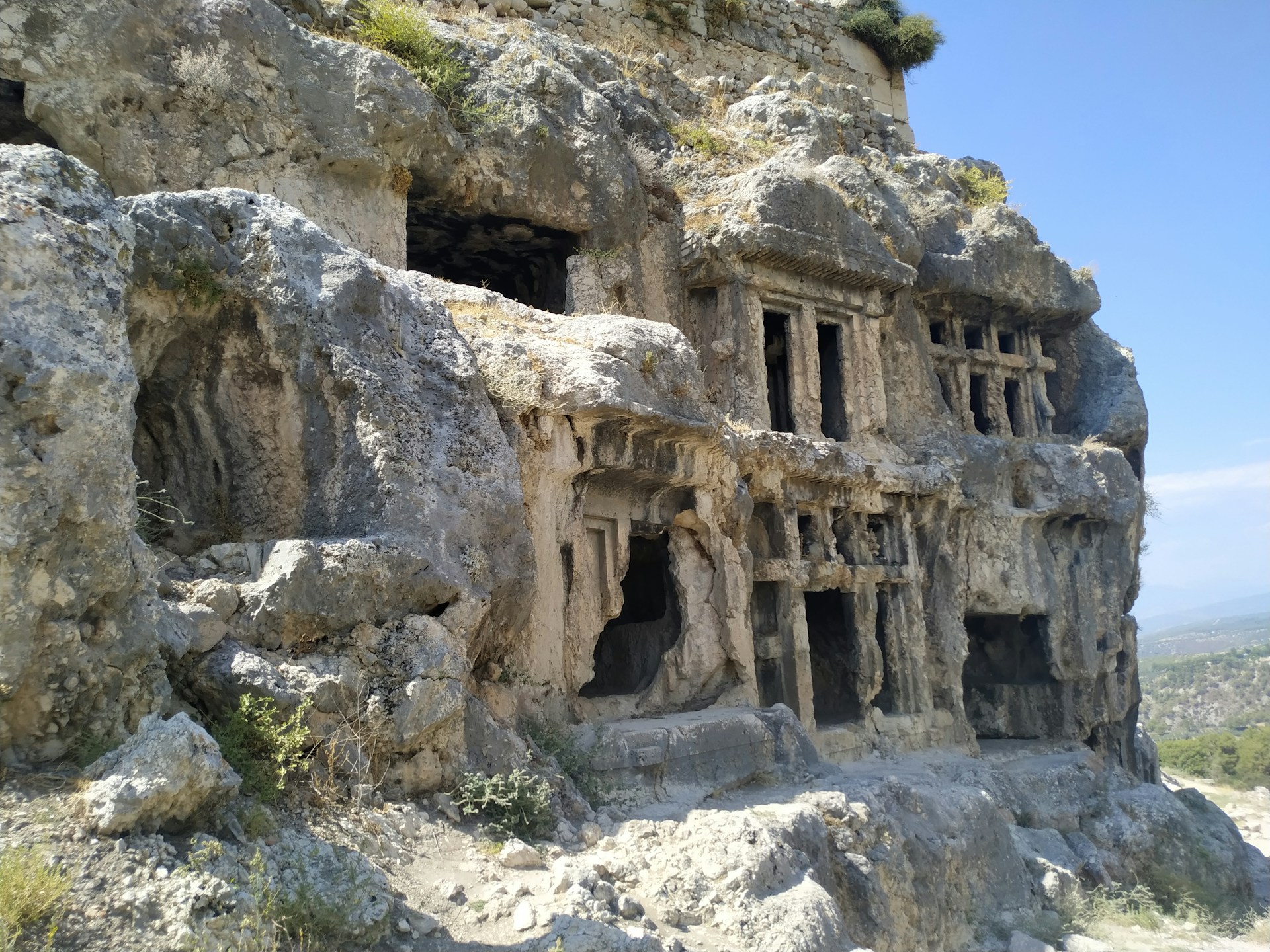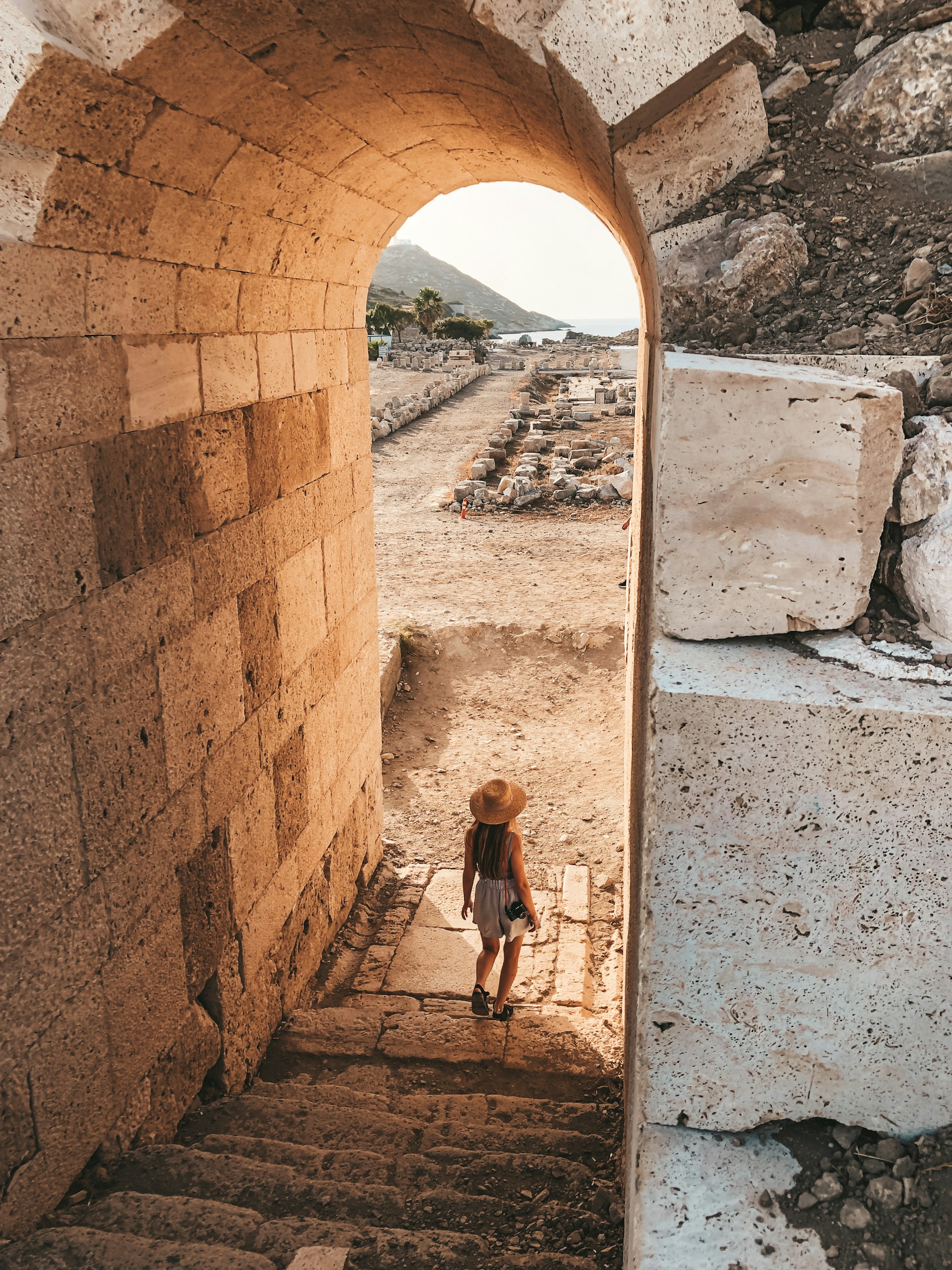Culture & Travel
9 May 2024Muğla, one of our country's most important cities in terms of tourism, is notable not only for its sea and beaches but also for its cultural and historical richness. Each year, Muğla hosts countless visitors from both within the country and abroad. The central city as well as its districts and villages boast extremely impressive landscapes.
With its coastline along the Aegean Sea, this beautiful city enchants travelers not only with its natural beauty but also with its historical ancient cities that transport you through time. It wouldn't be wrong to say that Muğla mesmerizes visitors with its natural wonders and captivating ancient sites. In fact, Muğla is a city that bears the traces of many civilizations and cultures, making it a must-visit for history enthusiasts. When you travel to Muğla, you can enjoy the sea, sun, and sand while exploring the exotic ancient cities in the surrounding area. So, which ancient cities are these and where are they located? Let's discover Muğla's hidden ancient cities.

Kaunos Ancient City
Kaunos Ancient City is located in Muğla's Dalyan district. This ancient city holds great importance for the Lycian Civilization. The city's foundation dates back to the 4th century BC. Certainly, this city has hosted numerous civilizations after the Lycian era, including Persian, Roman, and Byzantine influences. The most striking feature of Kaunos Ancient City is its rock tombs. Carved into the cliffs, these tombs can be seen as a reflection of the architectural and artistic understanding of the era. The city's theater, with a capacity of 2,500 people, is still used as a concert venue today. At the acropolis, situated on the city's highest peak, you can see the Temple of Apollo, agora, and remains of baths. Additionally, other notable points of interest include the city's harbor, walls, agora, and baths.

Letoon Ancient City
Letoon Ancient City, located in Muğla's Fethiye district, is a UNESCO World Heritage Site. It is a sacred area dedicated to Leto, Apollo, and Artemis, hence possessing very intriguing characteristics. The temples, agora, and theater are prominent structures here. It is believed that Leto gave birth to her twin children, Apollo and Artemis, in this city, with a history dating back to the 7th century BC. The most significant structure in the ancient city is the Temple of Leto. Constructed in the Ionic style, it features a six-columned pronaos and cella. Another important temple in the city is the Temple of Apollo, located adjacent to the Temple of Leto. This Corinthian-style temple also consists of a six-columned pronaos and cella. Next to the Temple of Apollo, you'll find a similar structure, the Temple of Artemis. The agora in Letoon Ancient City was the hub of the city's commercial and social life, featuring shops, monuments, and temples. The theater, highlighting Hellenistic features, is another significant structure.

Tlos Ancient City
Tlos Ancient City, located in Muğla's Fethiye district, dates back to the 14th century BC and is known as one of the most important cities of the Lycian Civilization. It is believed that the city has been inhabited since the Hittite Civilization. The acropolis, the most important structure of Tlos Ancient City, is situated on high ground, offering a panoramic view of the city. Among the structures you'll encounter here are the Heroon, Temple of Athena, Odeon, Bouleuterion, and cisterns. The city's rock tombs are also famous, carved by Lycians with various figures. The agora, where social and commercial life thrived, features a 5,000-seat ancient theater where major performances and events took place.

Knidos Ancient City
Knidos Ancient City in Datça, another highly important center for the Lycian Civilization, was home to the Temple of Aphrodite and is also listed on the UNESCO World Heritage Tentative List. The construction of the Temple of Aphrodite, one of the most important structures of the ancient world, dates back to the 4th century BC. This ancient city, which was also an important settlement during the Byzantine period, was captured by the Knights of Rhodes in the 15th century. The agora, featuring shops, monuments, and temples, was the heart of the city's commercial and social life during the Hellenistic period. The city's 5,000-seat theater is still used for various events today. The famous lighthouse of the city is also noteworthy. The necropolis located in the northwest of the city consists of many rock-cut tombs.
Stratonikeia Ancient City
Stratonikeia Ancient City, founded in the 3rd century BC and located in Muğla's Yatağan district, was one of the most important cultural and trade centers of the Hellenistic period. The city features significant areas such as a stadium, agora, theater, walls, baths, necropolis, and bouleuterion. The city's 20,000-seat stadium was used for sports competitions and various events. The agora, where shops, traders, monuments, and temples were located, was the bustling center of the city. The wide theater, with a capacity of 5,000 people, continues to host different events today. The city's baths were built during the Roman period and can be visited today in a restored state. The bouleuterion, where the city council convened, and the necropolis, consisting of tombs carved by Lycians, are other significant areas within the ancient city.



